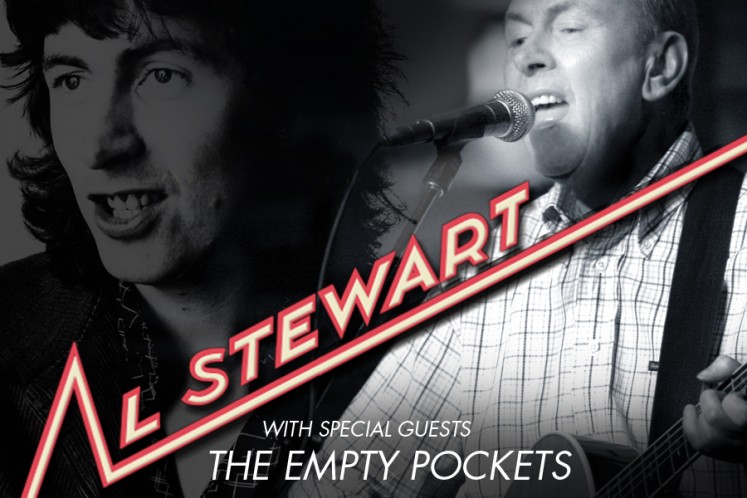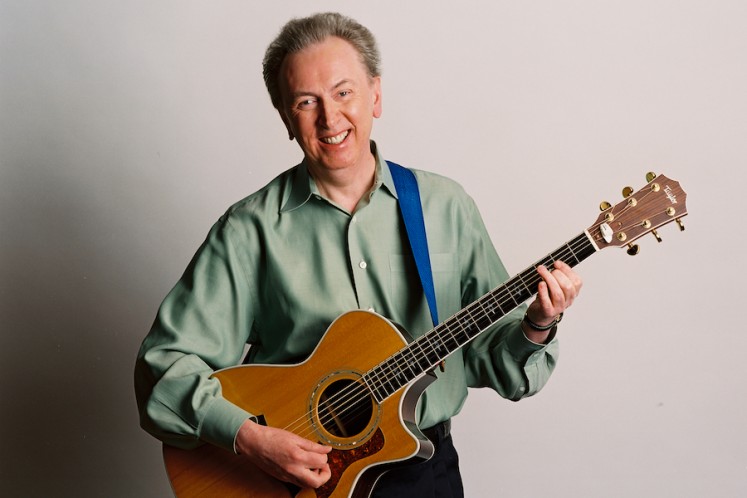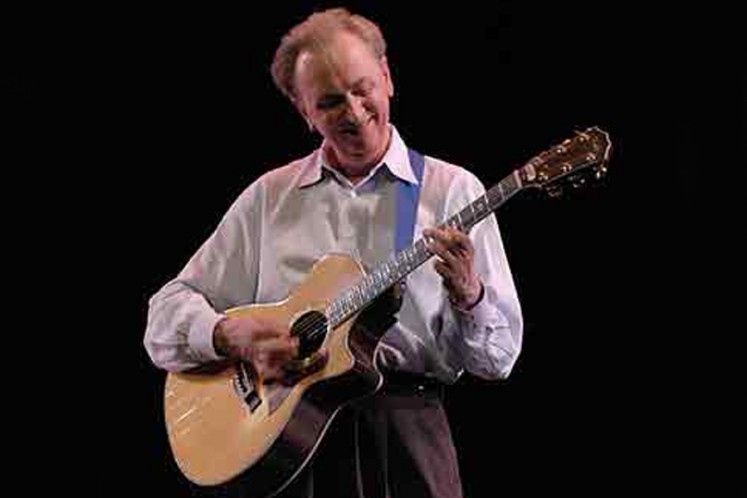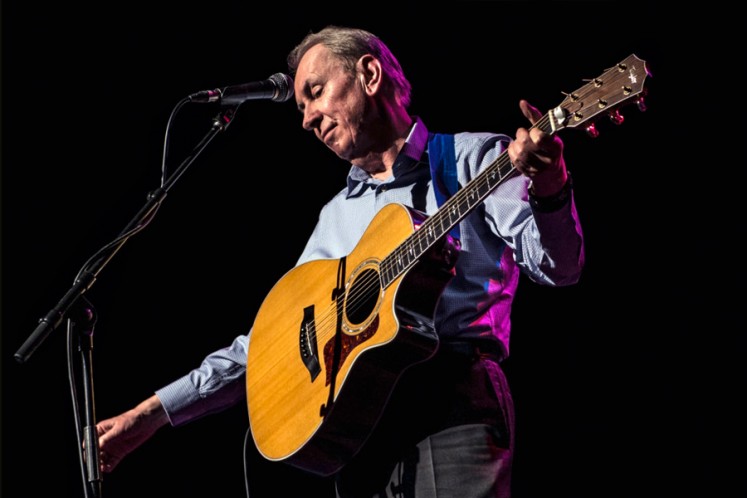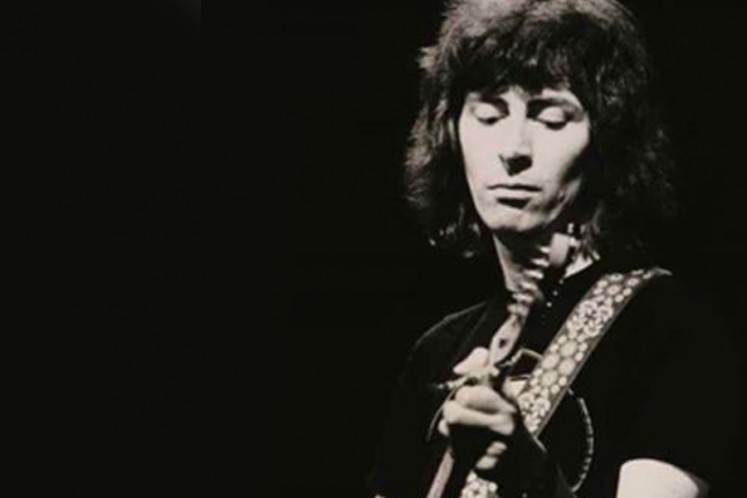Al Stewart with special guests the Empty Pockets Unplugged
When British singer/songwriter Al Stewart told his parents he was going to be a musician, they weren’t happy. “My parents said this pop stuff wasn’t going to last six months, I was advised to get a job with British Leyland and 40 years of solid income. They went bankrupt, yet the music industry that wasn’t supposed to last is pottering along and I still have a job.”
Indeed he does. Stewart came to prominence as part of the British folk revival of the late ‘60s and ‘70s and had No. 1 hits with “Year of the Cat,” “On the Border,” “Time Passages,” and “Nostradamus.” He performed at the first ever Glastonbury Festival in 1970, worked with Yoko Ono before there was a Lennon and shared an apartment with Paul Simon. He performed alongside Van Morrison and Cat Stevens. He has released 19 studio albums and is a popular touring artist who weaves his love of history and films into his songs. The beginning though, was when he was 11 or 12 and Elvis Presley and rock ‘n roll arrived.
“I adored the Everly Brothers,” he said. “I loved Eddie Cochrane, Jerry Lee Lewis and Little Richard. When I left school, I thought, ‘I’ll have a crack at that.’ I left school and joined a band as the Beatles came along. They were so successful that every third kid was in a band.”
Stewart performed in six different bands in his late teens and realized that he wasn’t very good at what he wanted to do. “I was not a good electric guitar player and I didn’t look or sound right. I was beginning to despair, and just at that moment, Bob Dylan came along. He couldn’t sing or play guitar, but boy, could he write lyrics. I could have a career doing that.”
Stewart speaks with a little tongue-in-cheek, self-deprecating British humor. Asked whether he considers himself a singer who writes songs or a songwriter who sings, he has a quick answer. “I’m not a singer at all. I have a range of one octave. There are four things that make you into a pop star. You have to sing, play, have a sense of fashion and look great. Sting has all four. I only have one. I write lyrics and it’s enough to have a career with one.”
Stewart describes his music as “aural cinema” and “aural geography” and says that movies and atlases are a big influence on him. “I watch an enormous amount of movies, a couple of hundred a year,” he said. “I’m taking movies, literature, history, and geography and putting them into a pot and stirring. Those elements are in pretty much every song. If I open an atlas, a song appears. I opened one to China and could see six songs in front of me. It works for me like that. It makes it three-dimensional.”
Stewart brings out that self-deprecation in describing his success over 40 years, “You don’t get famous writing historical folk rock, but you can make a living,” he said. “I think if one history teacher would buy a guitar, they’d have my job. No one has. It’s a great mystery.”
A student of history, Stewart began reading Sartre and ended going in reverse order, back to the Trojan War. Historian Barbara Tuchman was one of his idols and figures in how he’d like to be remembered: “I write like Barbara Tuchman and play like Eddie Cochran.”
Special Guests the Empty Pockets sound is built upon a strong foundation of the timeless Americana, Blues, and Motown Soul that came before them; an old-school sensibility showcased by multiple lead singers, rich harmonies, and skilled instrumentalists.
Teaming up with a wide range of legendary artists; Kenny Loggins, Simon Kirke (Bad Company/Free), Al Stewart (“Year of the Cat”), Gary Wright (“Dreamweaver”), and Richie Furay (Buffalo Springfield/Poco), both as direct tour support and backing band, their sound has evolved, influenced not only by these remarkable musicians, but also through collaboration with independent artists and, most importantly, among themselves.
